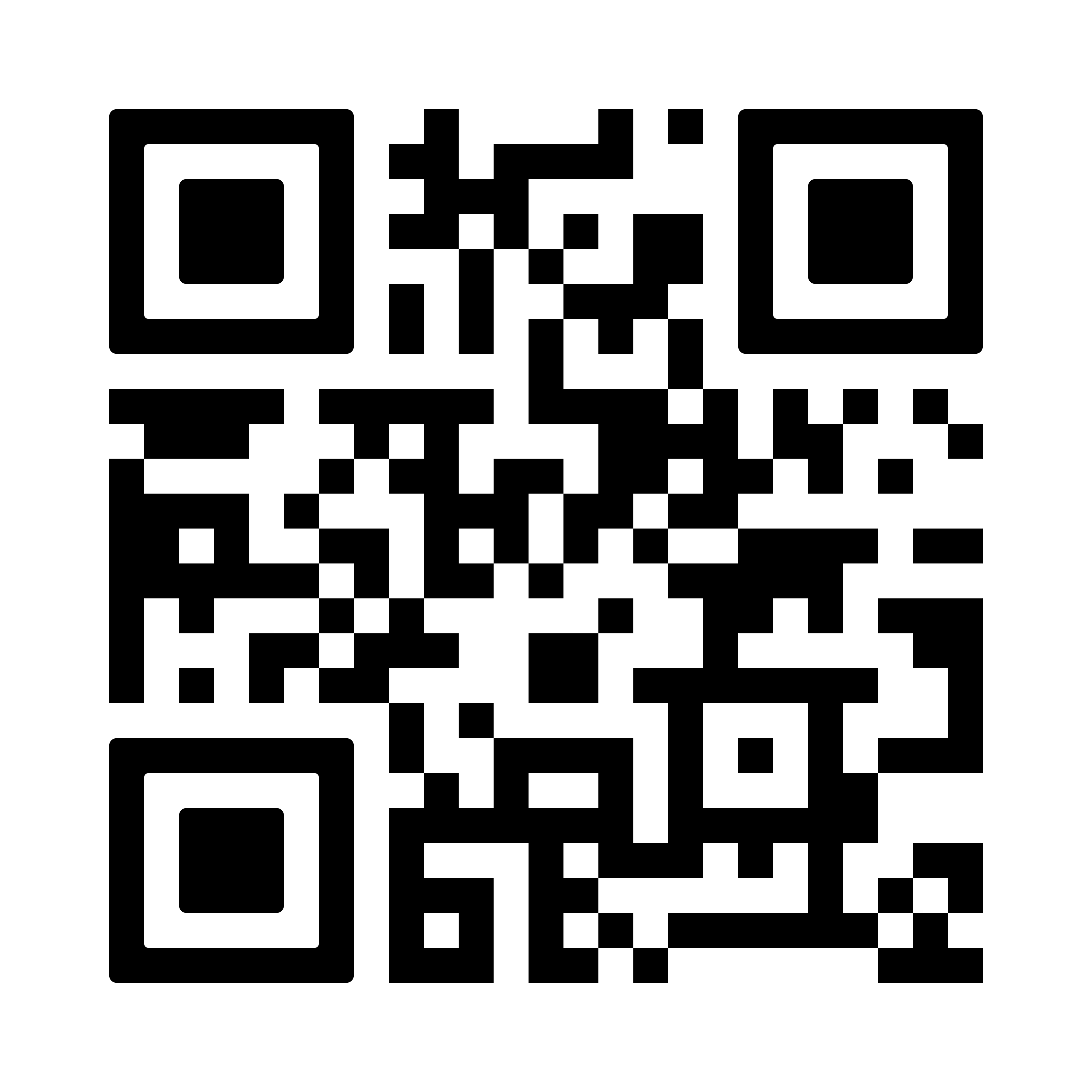English
This course will help you develop a life-long enthusiasm for reading, writing and spoken communication.
You'll develop skills and understanding in reading, writing, speaking and listening, and you'll learn how to communicate effectively and respond to a range of information, media and texts.
This course creates confident communicators who are able to apply all four core skills effectively in everyday situations, readers who can engage with a range of texts for information and for pleasure, and writers writers who can use the written word clearly and creatively for a range of different audiences and purposes.
This curriculum is for students who have English as a first language.
Maths
Maths helps us to think analytically and improve our reasoning abilities. This course encourages life-long enthusiasm for analytical and rational thinking.
You'll develop a holistic understanding of the subject, focusing on principles, patterns, systems, functions and relationships. You'll become mathematically competent and fluent in computation, which can be applied to everyday situations.
‘Thinking and working mathematically’, a unique feature of our curriculum, encourages learners to talk with others, challenge ideas and provide evidence that validates conjectures and solutions. When you think and work mathematically, you actively seek to make sense of ideas and build connections between different facts, procedures and concepts. This supports higher order thinking that helps you to view the world in a mathematical way.
Science
Our exciting new lower secondary science curriculum helps learners develop a life-long curiosity about the natural world and enables them to seek scientific explanations to the phenomena around them.
What will students learn?
Students will think scientifically and develop practical skills alongside knowledge and understanding, which is vital for explaining the world around us. Improving learners’ awareness of science in the world around them develops their sense that ‘science is for me’, helping to connect themselves to the subject.
This approach provides them with the knowledge and skills they require to excel at science in later stages of education and to make informed choices, including considering sustainability issues and meeting the challenges facing our environment.


.avif)




.avif)
.avif)

